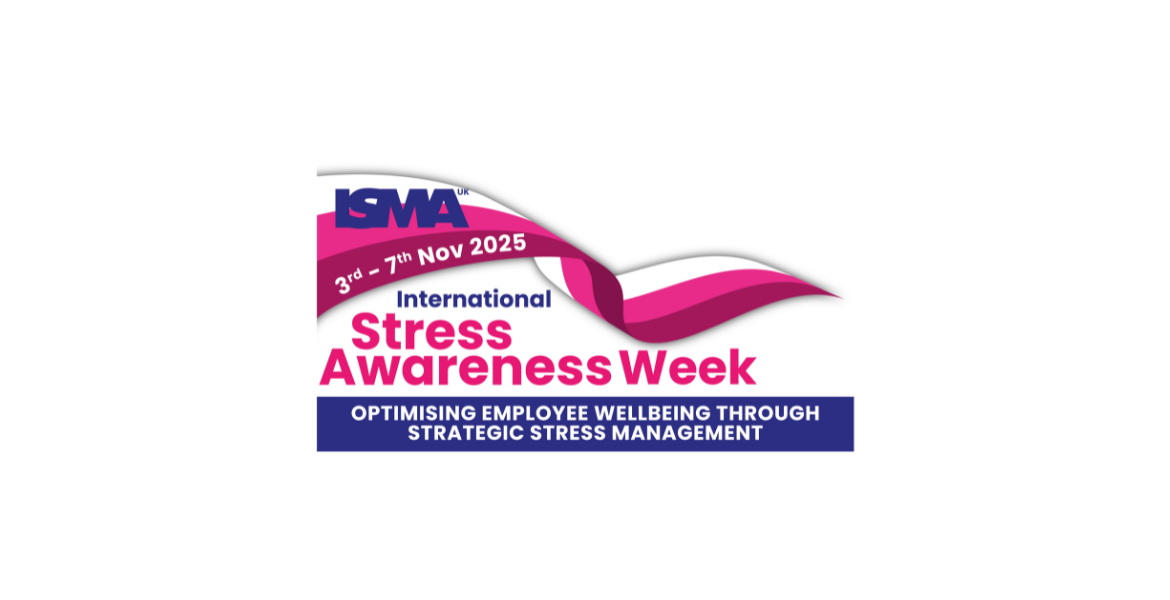
International Stress Awareness Week was held on the week of 3rd–7th November 2025 to encourage better stress management. Its 2025 theme, Optimising Employee Wellbeing through Strategic Stress Management, aimed to exemplify that a workplace culture that prioritises growth, support, recognition, and psychological safety is not just advantageous – it’s essential. By actively fostering and sustaining such a culture, organisations empower individuals to succeed while reaping the benefits of a healthier, more productive workforce, creating a win-win for employees and the organisation alike.
The Health and Safety Executive (HSE) used the opportunity to remind employers that work-related stress is one of the leading causes of ill health at work – and that preventing it is a legal duty, not just a ‘nice-to-have’.
Under the Health and Safety at Work Act 1974 and the Management of Health and Safety at Work Regulations 1999, employers must assess risks and take reasonably practicable steps to prevent harm – including from stress.
In 2023/24, HSE statistics show that 776,000 workers reported suffering from work-related stress, depression or anxiety. This accounted for nearly half of all self-reported work-related ill health and led to an estimated 16.4 million working days lost over the same period.
HSE’s Working Minds campaign makes it easier for employers to take action. It’s based on five simple steps – the 5 Rs:
“Prevention is better than cure,” says Kayleigh Roberts, HSE’s work-related stress policy lead. “By acting proactively, employers can better protect employee wellbeing, reduce sickness absence and retain skilled, experienced staff.”
Failing to manage stress effectively can also result in reduced productivity and higher staff turnover, HSE argues.
Illustrating this point, according to the recently published Keep Britain Working Review undertaken by Sir Charlie Mayfield, employers are losing on average £120 per day in profit from sickness absences. These statistics are reported to be at a 15-year high, with stress a huge factor to this problem in the construction industry.
In addition, the Construction Leadership Council’s consultation on mental health in construction, in partnership with Mates in Mind and the University of Warwick, has been extended until Friday 21st November. The CLC is encouraging workforces to respond, in order to help identify how to manage the primary causes of poor mental health in construction.